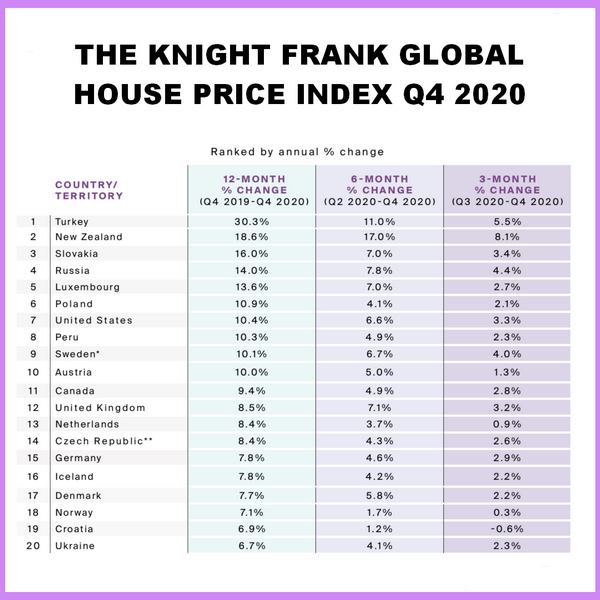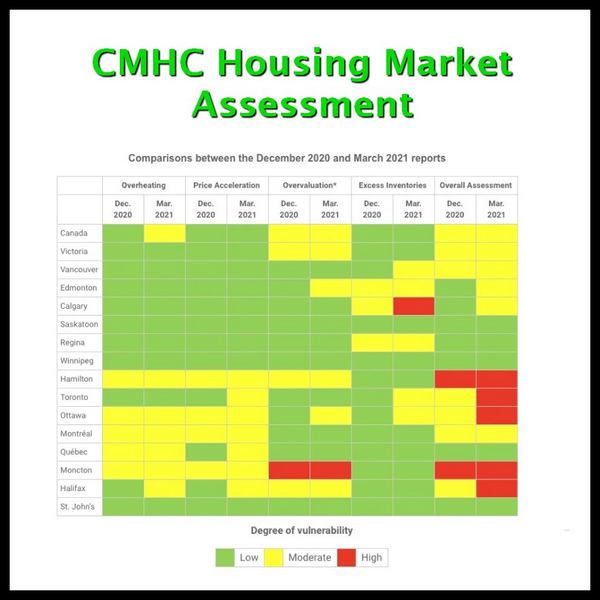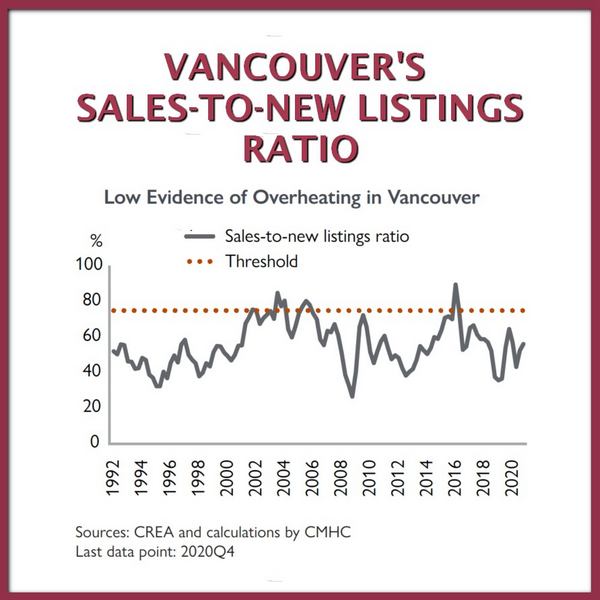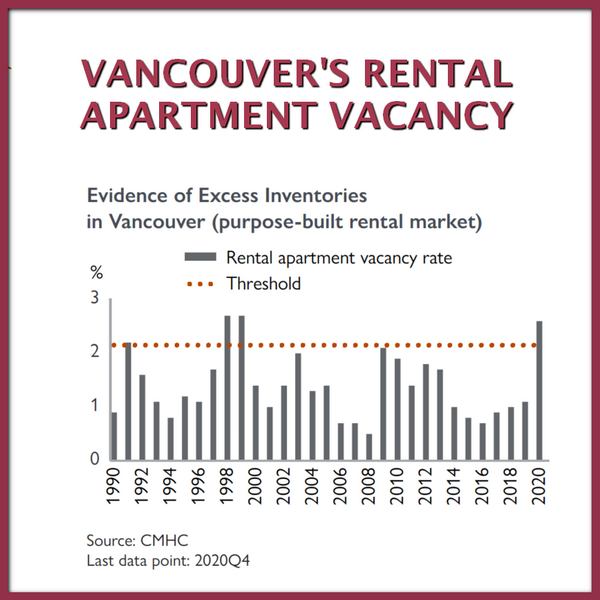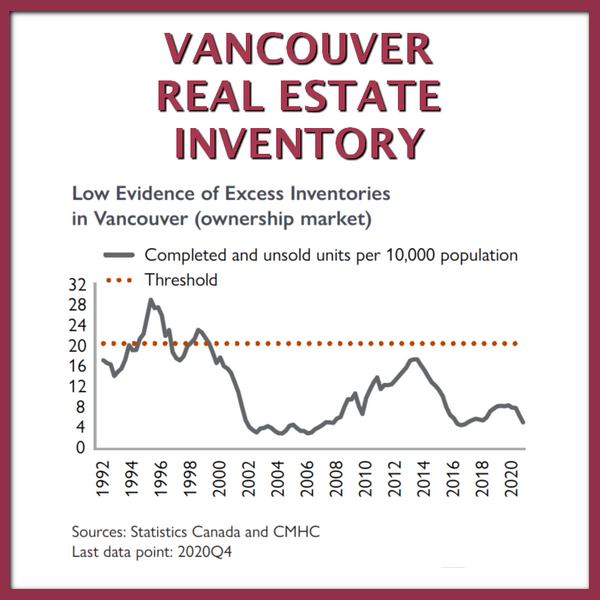I don’t know if the market can get any hotter. The pace of price increases is actually picking up! It is so hot that some economists are asking for the government to step in. We will dive deeper into the factors affecting the market later in this issue. But first, the stats.
March had 5,708 sales. The highest ever recorded single month sales figure. This is 72.2% above the 10-year March average.
It is hot everywhere in Metro Vancouver, but the areas achieving the greatest sales increases are further from the city centre. Delta – South saw a 195.8% increase from March 2020. Whistler saw a 194.7% increase while Squamish saw a 188.6% increase in sales.
There was a 64.2% increase in new listing from last month and this was enough to increase the total inventory of listed homes by 9.4% from last month. However, the rapid pace of sales prevented a significant build up of inventory. The inventory is still 4.8% lower compared to March 2020 and is 18.6% below the 10-year March total listings average. So the supply is still tight.
The sales-to-active listings ratio is a measure of supply and demand. Ratios between 12 and 20% are considered balanced and any numbers above 20% indicates upward pressure. The ratio for detached home is 52.9%. It is 79.9% for townhomes and 65.4% for apartments.
Which such high ratios, it is expected that house prices should increase and they did. The benchmark price for a detached home increased 17.9% from March 2020 and 4.9% when compared to February 2021! Almost 5% in a month. That’s crazy! The benchmark price for an apartment went up 3.7% from March 2020 and up 2.6% when compared to February 2021. The benchmark price for an attached home went up 10.4% from last March and 3.9% from last month.
WHY IS IT SO HOT?
Is this a local phenomenon? For decades Vancouver’s unique position in Canada and the world gave it’s real estate market a trajectory that stood apart from the rest of Canada. But in 2016, the governments stepped in to cool the market with the implementation of the foreign buyers tax, speculation tax and empty home tax. It was effective in stalling the market, but an ember of demand smoldered beneath the surface. But his time it is different. The demand was internal and what set it off was a larger Canadian and global trend.
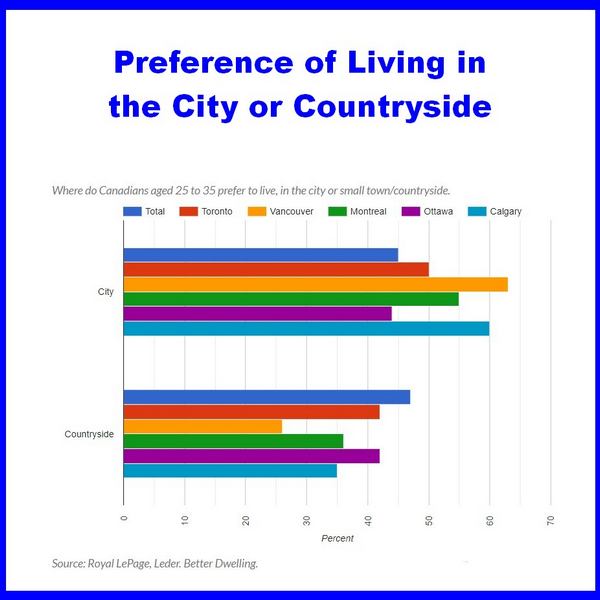
In fact, the entire Canadian real estate market is hot. Since covid, the possibility of working from home has ballooned and so has interest in moving further from the city. Stats Canada had said that it is plausible that 35% of Canadians can work from home. A recent Royal LePage survey indicated that 47% of Canadians aged 25 to 35 prefer to live in small town or countryside. The chart above breaks this down by cities polled. While young Vancouverites prefer the city, nationwide there are more young people preferring to live in small town or countryside than in the city! This correlates with the massive jump in prices and sales in secondary market and rural areas. The Re/Max housing outlook report table indicates that in 2020 markets like Windsor, Niagara and Muskoka all had outsized gains. CREA reported similar results, though the numbers are not identical, the trend is the same. Outsized price gains in 2020 for markets outside large city centres, particularly Toronto. The Nova Scotia Association of Realtors, said the number of houses sold in February rose 31.9 per cent from February 2020, while average prices rose by 30.4 per cent. Even Whitehorse, Yukon saw their average home price increase 13.9% in 2020.
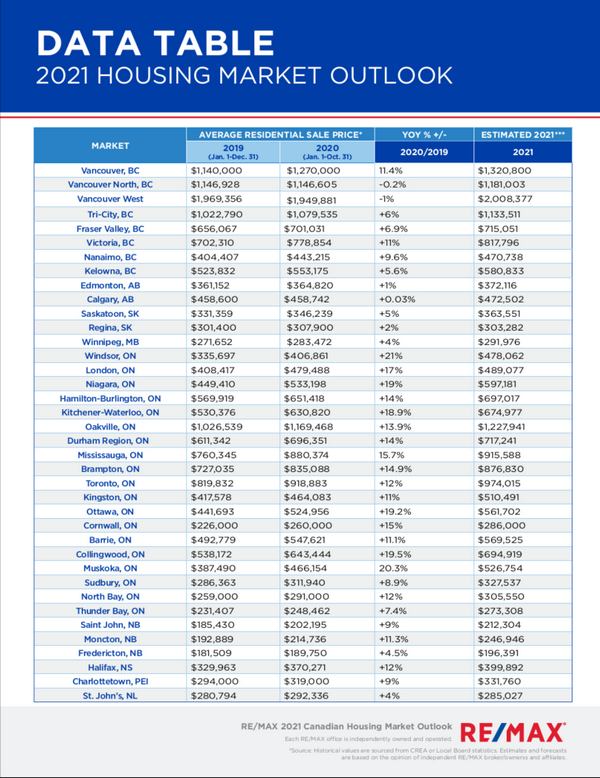
But this is not limited to Canada. Knight Frank puts out a House Price Index for 56 countries and territories annually. For 2020, 89% of them recorded an increase in price. Global residential property prices are rising at their fastest rate in nearly 3 years. From Fig 1 and Fig 2 of the Knight Frank report, you can see how house prices dipped during the 2nd quarter of 2020 but recovered and more by the end of the year. Average global house price rose faster in 2020 (5.6%) then in 2019 (5.3%). In terms of growth, we are only ranked 11th.
I believe central banks monetary policies are behind most of the rise in real estate prices and assets prices in general. Injecting cash to offset the expected damage from economic contraction due to the pandemic was/is necessary. And in general most economists seem to agree this is the way to go. The lesson learned from the 2008 financial crisis was that massive action is needed to head off damage. However, these cash injections are a rough tool. The money doesn’t just go to the individuals who need it. This is more like throwing a bucket of paint at a canvas versus painting between the lines with a brush. This sets up a classic economic 101 scenario. Excess money chasing the same baskets of goods. Price inflation! And you can see evidence of this in the stock market as well as the housing market. All the North American indices are at or near record highs.
SO WHAT WILL HAPPEN NEXT?
In terms of interest rate, Bank of Canada seems happy keeping the rates low. The unemployment rate is still high, so for the time being there is no inflation fears and as of March 10th they are sticking to the plan of no rate hikes until early 2023.
CMHC just released their Housing Market Assessment which assesses the vulnerability of real estate market as it related to Canada’s financial stability. Vancouver real estate market is only at moderate risk. And the key concern is high vacancy in rental units. While 5 of the 16 markets are at high degree of vulnerability, both Bob Dugan, CMHC’s chief economist and Benjamin Tal, CIBC’s deputy chief economist believes a correction is not on the horizon. Well at least with the current data.
Housing now makes up nearly 10% of Canada’s GDP which is approximately 50% higher than our historical average and twice that of the US. So the government is not going to do anything drastic in the short term.
And once vaccinations become widespread and travel restrictions are loosen, international demand will once again come into play in the local real estate market. I believe this is a key reason why people are jumping into the market now. They see this as their last chance before they will start to compete with the rest of the world again. Vancouver continues to be a focal point for the world. Recent publicity includes the ranking by CIA Landlord of UK which has Vancouver as the best city to buy when you are young and the number 2 most affordable city for young adults. While those lists rankings are debatable, it keeps Vancouver top of mind. And a reason why there will be support for local real estate.
Also as the Communist Chinese government remove western style freedoms in Hong Kong, there are anecdotal reports of Canadian expats who are considering coming back to Canada. Whether they actually move back en masse is still in question but 43.6 billion CDN was recorded flowing from HK to Canada in 2020 through electronic fund transfers alone. Hong Kongers who are not permanent residents will need to wait for their PR status to avoid the 20% foreign property transfer tax. So purchases from the possible migration of people from HK will play out over several years. I think this will help cushion any price drop that will occur in the rest of the Canadian real estate market when the central banks eventually remove the monetary stimulus. Well, this is my best guess. Thanks for reading.

